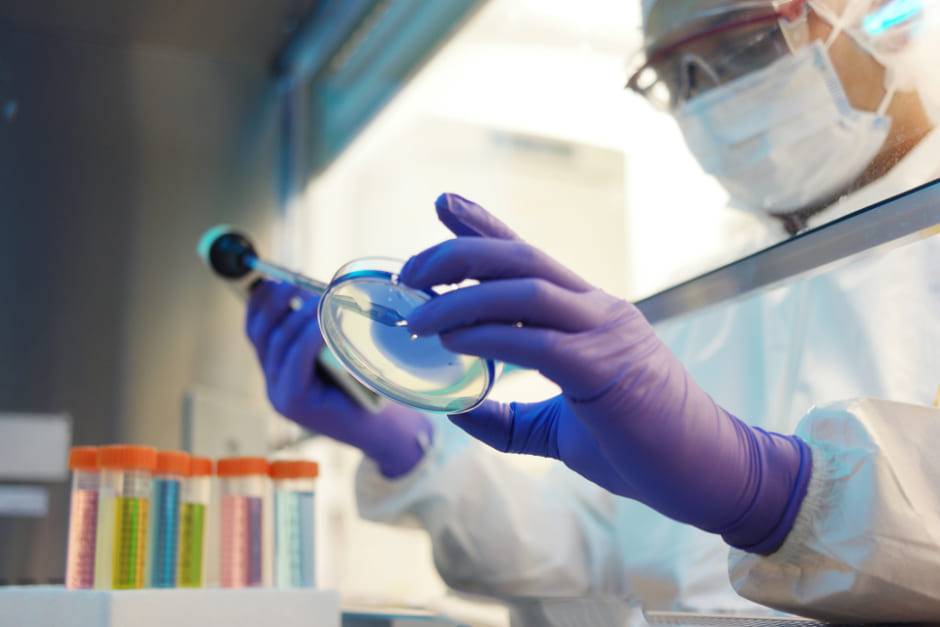The new article highlights the aspects related to the content of the clinical investigation report, discusses additional considerations associated with the transitional period, and explains the status of a legal representative.

Table of content
The Medical Device Coordination Group (MDCG), an association of national regulating authorities, has published a questions-and-answers document dedicated to clinical investigations involving medical devices.
The document outlines the key points related to clinical investigations.
Also, it provides additional clarifications and recommendations to be considered by medical device manufacturers, study sponsors, and other parties involved to ensure compliance.
Content of Clinical Investigation Report
According to the guidance, clinical investigation reports are vital in the Medical Device Regulation (MDR) framework.
As per Article 77 of the MDR and Annex XV, Chapter III point 7, these reports must include specific content, aligning with the standards set by ISO 14155:2020, Annex D. Key components of these reports include:
- Summary of Adverse Events: It is essential to present aggregated data on serious adverse events, adverse device effects, and device deficiencies. Detailed descriptions of individual events or personal data that could compromise subject privacy are discouraged.
- Additional Information: To enhance the report’s relevance and context, sponsors are advised to include:
- The clinical investigation background describes in detail the study’s reasons and context.
- A detailed description of outcome measures, emphasising their significance in assessing the safety and performance of the device under investigation.
- Information about the conduct of the clinical investigation, including recruitment and follow-up periods, interventions, and treatment specifics.
- Baseline data and subject flow through each study stage, including the number of subjects assigned, treated, completed the investigation and analysed for the primary outcome.
The document also mentions that any deviations from the initial plan and amendments should be explained and justified.
As stated by the MDCG, a template for the mandatory summary of the clinical investigation report is provided in the Commission Guidance (2023/C 163/06), facilitating uniformity and compliance with Article 77(5) of the MDR.

Transitional Arrangements and EUDAMED
Another essential aspect addressed in the document relates to how clinical studies should be conducted in the context of the new EU-wide database for medical devices.
According to the guidance, the European Database on Medical Devices (EUDAMED) becomes essential for clinical investigations and performance studies after a six-month transitional period after its full functionality, confirmed by an independent audit.
The link to EUDAMED is a critical resource for sponsors and investigators.
Until EUDAMED’s clinical investigation module is fully operational, sponsors must submit clinical investigation applications to national competent authorities, as outlined in the MDR. The Commission provides contact details for these authorities.
The MDCG also mentions that the applicable safety reporting requirements to ensure compliance with Article 80 of the MDR are described in the guidance document MDCG 2020-10/1.
Clinical Investigations Under Previous Directives
The document also explains the approach to clinical investigations commenced under the old regulatory framework.
According to the guidance, clinical investigations initiated under Directives 93/42/EC and 90/385/EC before the application of the MDR can be continued.
However, post-MDR application, any serious adverse events or device deficiencies must be reported according to the rules set forth by Article 80 of the MDR.
Given the variation in national implementations, it is essential to consult with federal competent authorities regarding the start date of a clinical investigation as per Article 10 of Directive 90/385/EEC or Article 15 of Directive 93/42/EEC.
Sponsor’s Legal Representative: Role and Responsibility
To assist the parties involved in interpreting and following the applicable regulatory requirements, the authority also describes in detail the critical aspects associated with the regulatory status of a legal representative of a study sponsor.
By the applicable regulatory requirements, a natural or legal person must be established as its legal representative if the sponsor is not based in the Union. This representative ensures compliance with the MDR and is the primary contact for all regulatory communications.
However, it is essential to mention that the legal representative cannot delegate the responsibility of ensuring MDR compliance to the sponsor or a Contract Research Organization (CRO).
The sponsor is recommended to provide a power of attorney to the legal representative and a contract obligating the sponsor to supply the necessary information.
While the legal representative can delegate specific tasks, the ultimate responsibility for MDR compliance remains with them. This includes ensuring that contracts with other entities cover the sponsor’s obligations under the MDR.
The legal representative’s role extends to auditing the sponsor and subcontractors, ensuring access to technical documentation, and verifying compliance with the MDR. They must also keep records of these verification activities, although this does not entail participating in data evaluation or review.
The legal representative must have unrestricted access to the complete investigation master file, including contracts, financial arrangements, qualifications of investigational sites and entities, and safety reports. This ensures readiness to provide documents to authorities upon request.
The MDCG also emphasises that following the MDR, documentation must be accessible to competent authorities, even if the sponsor goes bankrupt or ceases activities. This confirms the importance of secure storage within the EEA and Türkiye.
The present MDCG guidance describes how clinical investigations involving medical devices should be planned and conducted.
Conclusion
The document explains specific regulatory considerations and emphasizes the key points to be followed by the parties involved to ensure compliance with the existing legal framework.
How Can RegDesk Help?
RegDesk is a holistic Regulatory Information Management System that provides medical device and pharma companies with regulatory intelligence for over 120 markets worldwide. It can help you prepare and publish global applications, manage standards, run change assessments, and obtain real-time alerts on regulatory changes through a centralized platform. Our clients also have access to our network of over 4000 compliance experts worldwide to obtain verification on critical questions. Global expansion has never been this simple.
Want to know more about our solutions? Speak to a RegDesk Expert today!
–>
- SEO Powered Content & PR Distribution. Get Amplified Today.
- PlatoData.Network Vertical Generative Ai. Empower Yourself. Access Here.
- PlatoAiStream. Web3 Intelligence. Knowledge Amplified. Access Here.
- PlatoESG. Carbon, CleanTech, Energy, Environment, Solar, Waste Management. Access Here.
- PlatoHealth. Biotech and Clinical Trials Intelligence. Access Here.
- Source: https://www.regdesk.co/mdcg-guidance-on-clinical-evaluation-specific-aspects/



